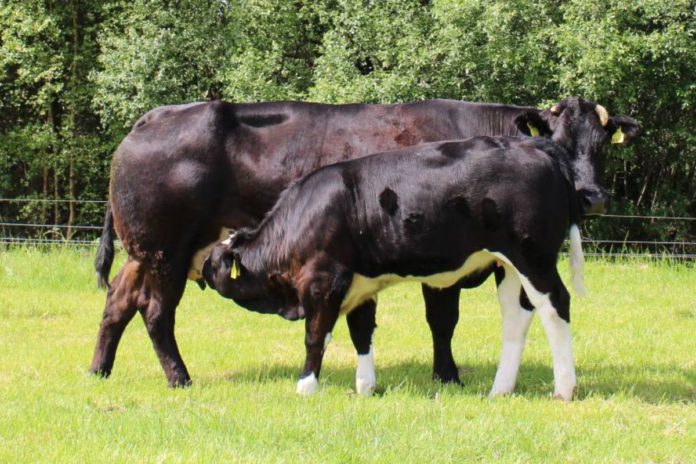A voluntary diversification scheme, if implemented, will see farmers “voluntarily” diversify their farming activity away from breeding animals “for a number of years”.
The proposal is contained in the ‘Chair’s Progress Report on the Food Vision Beef and Sheep Group’, which the DAFM published last week.
According to the group, measure eight would “only have a direct impact if structured in a way which ensures that reductions in breeding ruminants on a participating farm are not offset by increases in breeding ruminant numbers on that farm or others”.
It has suggested considering “the potential” of an incentive scheme that operates over a contract period, during which, farmers would “completely” destock breeding ruminants.
Payment
According to the report, “farmers would cease to have breeding ruminants in return for an appropriate incentive”.
It believes that such a scheme would bring about a reduction in breeding ruminants, which it states would translate into a “direct emissions impact”.
Therefore, it suggests that the scheme would “provide an annual payment each year per breeding ruminant in line with stated and verified reductions”.
The report states that a farmer could not calve any breeding ruminants and register births on AIMS.
It has stated that legally, the commitment would have to link to a herd and holding.
This, it says, would prevent farmers from opting out of the scheme and removing all their breeding ruminants to another holding.
In this case, it would prevent the transferee from starting a breeding ruminant enterprise on that holding.
Land abandonment
The report states that there are potential impacts on land use, intergenerational renewal, existing commonage requirements and others under CSP schemes.
The report also adds that stakeholders “expressed concern” that the proposal would “exacerbate” land abandonment concerns, particuarly on marginal land.
This, they have warned, would have a negative knock-on effect on the economic and social sustainability of “relevant” areas.
The report adds that farmers would be able to diversify into other farming activities that do not involve breeding ruminants and would prevent land abandonment.
Other farming/agriculture news on That’s Farming:
Suckler cow numbers ‘likely’ to decline to just over 600,000





